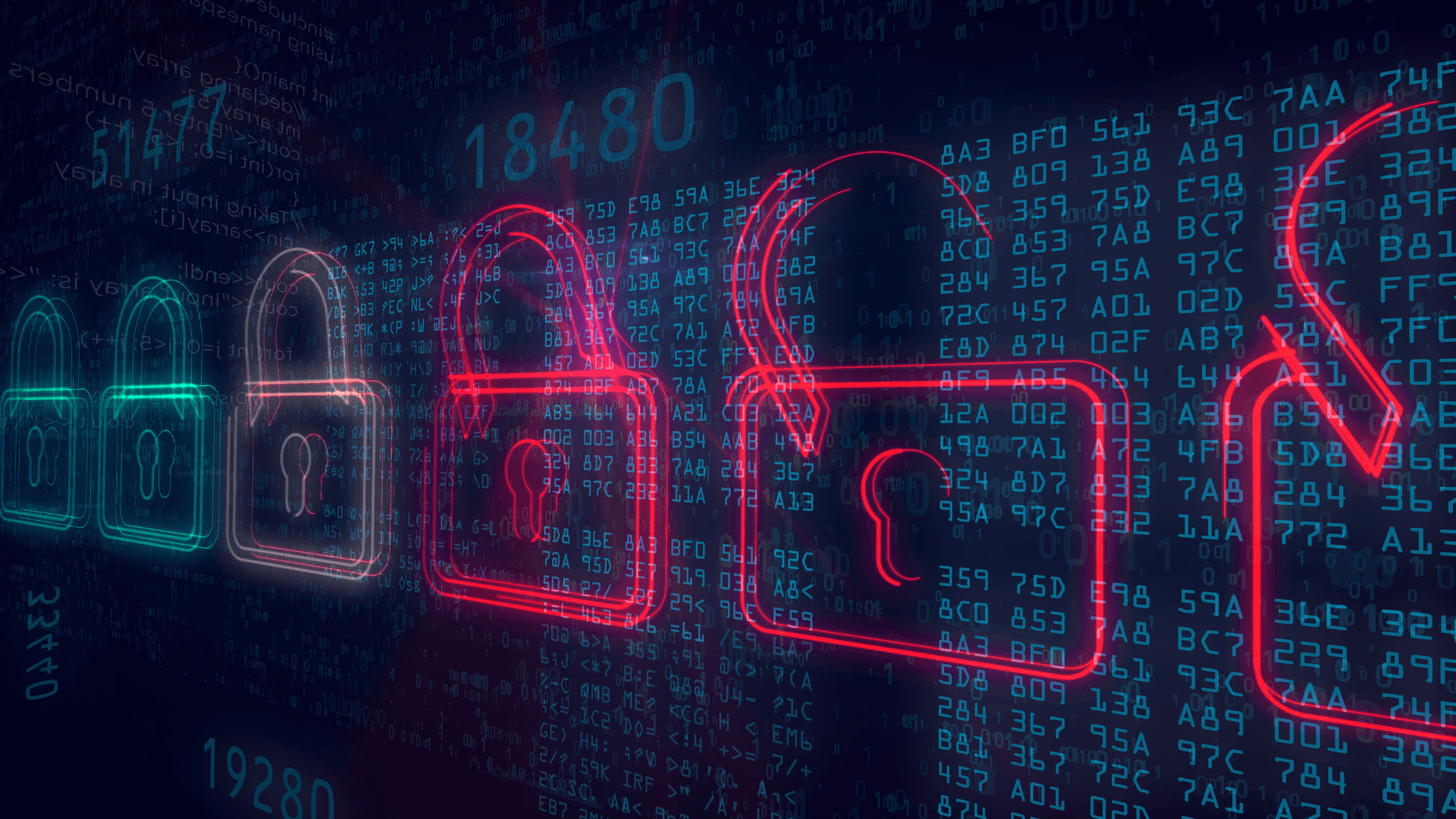A Windows Management Instrumentation (WMI) is a powerful feature in Windows, and it’s a set of extensions to the Windows Driver Model that provides an operating system interface through which instrumented components provide information and notification. WMI allows for the management of data and operations on Windows-based operating systems, providing a standardized way for systems, applications, and network resources to interact with one another.
Since it’s a Windows feature, malware authors are attempting to bypass its techniques by using native scripting languages like VBScript or PowerShell.
What is WMI Persistence Attack?
A WMI (Windows Management Instrumentation) persistence attack is a sophisticated type of cyber attack in which an attacker exploits WMI to maintain long-term access to a compromised system. As we know, WMI is a powerful Windows feature used for system management, allowing administrators to automate tasks and gather information about the operating system.
However, attackers can also abuse these capabilities to achieve persistence, making their presence on the system more difficult to detect and remove. Let’s try to identify signs of WMI attack techniques using PowerShell.
How to Detect the WMI Attacks Using PowerShell?
WMI Event Subscription Persistence
Attackers may create permanent event subscriptions to maintain persistence on a system.
Reference Output:

Remote WMI Execution
Attackers may use WMI to execute commands or scripts remotely.
Suspicious WMI Processes
Monitor for unusual processes being spawned through WMI.
WMI Class and Namespace Modifications
Attackers may modify or create new WMI classes and namespaces.
WMI Provider Host Activity
Monitor the WMI provider host (wmiprvse.exe) for unusual activity.
WMI Filter Queries
Look for unusual or complex WMI filter queries that may indicate malicious intent.
WMI Consumer Scripts
Identify suspicious scripts being executed by WMI consumers.
When monitoring for WMI based attacks, several event IDs in Windows Event Logs can provide useful insights and indicators. Here are some event IDs commonly associated with WMI-based attacks:
Happy Hunting !!


